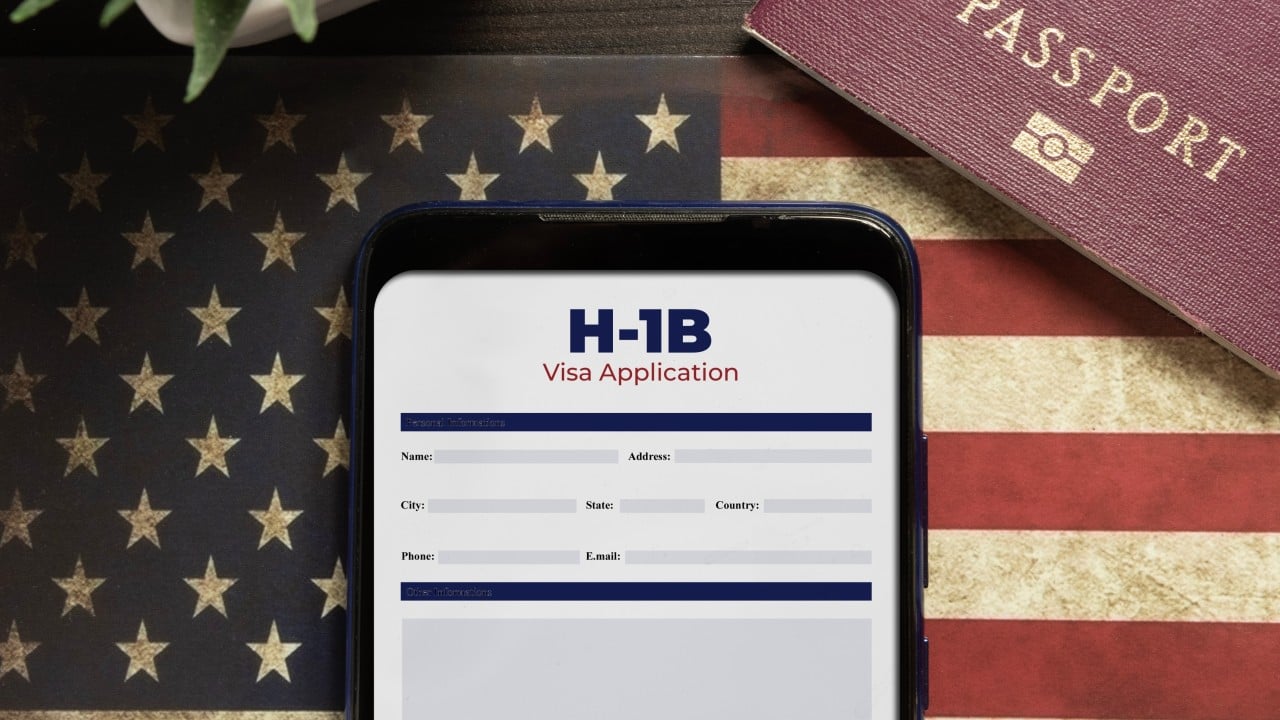Chinese technology workers in the United States saw their travel plans disrupted and reassessed their future in the world’s biggest economy, after US President Donald Trump signed a proclamation requiring companies to pay US$100,000 per year for new H-1B applications.
Advertisement
The policy change, which initially appeared vague on who was responsible for paying the fee, prompted H-1B visa holders Selena Tang and her husband to skip their planned Chinese wedding on Tuesday in Wuxi, in eastern Jiangsu province.
When the news came, it was like “a bolt out of the blue”, Seattle-based Tang said. She and her husband flew back from China to the US on September 20 amid urgent directives from their firms’ legal departments to immediately return to America.
Tang said they returned, in spite of higher expenses, as they both faced the risk of losing their jobs and being unable to manage their US property. The policy change, however, did not clarify if they were personally subject to pay the US$100,000 fee.
After the new policy was signed on Friday, companies and affected employees scrambled to figure out who would be subject to the H-1B visa fee.
Advertisement
On that day, US Secretary of Commerce Howard Lutnick repeatedly said the fee would be applied annually. A White House official, however, later said the US$100,000 was “a one-time fee that applies only to the petition”.
That ambiguity from the White House showed why many H-1B holders found themselves in a state of confusion and panic, which led many of them to return to the US from holiday to seek a solution.

